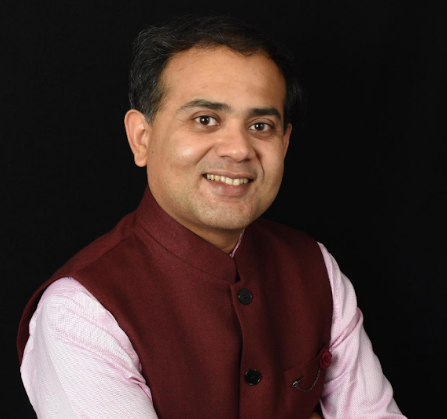8 Major Trends in Patient-Centric Care
December 31, 2023 | Sunday | Views | By Dr Hari Natarajan, Founder & Managing Partner, Pronto Consult
Health policies and regulations influence the accessibility, affordability, and quality of healthcare services,
striving to create a balance that meets the needs of diverse populations. However challenges persist within healthcare systems globally, including issues of healthcare disparities, rising costs, and the need for ongoing innovation. The integration of data-driven approaches, such as electronic health records and health informatics, seeks to enhance efficiency, coordination, and personalised care.
In recent years, COVID-19 highlighted the resilience and adaptability of healthcare systems worldwide. It prompted accelerated adoption of telehealth, emphasised the importance of global collaboration in research and vaccine development, and underscored the need for robust public health measures.
Ultimately, the pursuit of optimal healthcare involves a continuous evolution of practices, policies, and technologies to address emerging health challenges and meet the diverse and dynamic needs of individuals and communities.
Let's look at a few key trends:
Digital Health and Telemedicine: The integration of digital technology into healthcare, including telemedicine and remote patient monitoring, was already a growing trend. It allows for more convenient and accessible healthcare services. In 2024 we might be able to see some revolutionary changes in this space.
Artificial Intelligence (AI) and Machine Learning: AI applications in healthcare, such as predictive analytics, diagnostic tools, and personalised medicine, are on the rise. These technologies have the potential to enhance efficiency, accuracy, and patient outcomes. We would see better and more proficient systems as we move along.
Blockchain in Healthcare: Blockchain technology was being explored for its potential to improve data security, interoperability, and transparency in healthcare systems. It could be used for securely storing and sharing patient data. Patient education, especially to track medicines using QR code would lead to better patient understanding and would also help the Government to track various activities and schemes.
Patient Empowerment: There was a growing emphasis on empowering patients through access to their health data, shared decision-making, and health education. Patient-centric care and engagement were becoming key priorities for various organisations.
Mental Health Focus: The importance of mental health and well-being in overall healthcare was gaining recognition. There was an increasing focus on integrating mental health services into primary care and leveraging technology for mental health support. This is something which has come up in the last few years and is expected to leverage AI and HCPs.
Remote Monitoring and Wearables: The use of wearable devices and remote monitoring tools to track and manage health conditions was becoming more common. These technologies can help in preventive care and early detection of health issues. In a study conducted nearly 59 per cent of consumers today use various Wearables to monitor various health parameters.
Diagnostics and Hospitals: More patients are going for diagnostic tests as health is becoming a key for most people in the last three years. Various tests being done by the patients included Physical Examination, CT scan, X-ray Chest, USG of Abdomen and Pelvis, Lung Function Tests, Lipid Profile, Liver Profile, Kidney Profile, HbA1c, T3, T4 and TSH, Blood Fasting & PP. Also included Vitamin B12 levels, Vitamin D3 levels, Cancer Markers, CBC, Mammography, ECG, amongst others.
Generic Medicines: Generic Brands are becoming integral to modern consumer culture, offering quality and affordability in a wide range of products. The market share of generic brands continues to expand, driven by consumer demand and increased trust in their offerings. As the cost-and eco-conscious consumer trends persist, the influence of generic brands is likely to continue to grow in the coming years, shaping prescription and consumer choices. ‘Jan Aushadi’ is becoming an increasing part of the ecosystem.
Dr Hari Natarajan, Founder & Managing Partner, Pronto Consult









